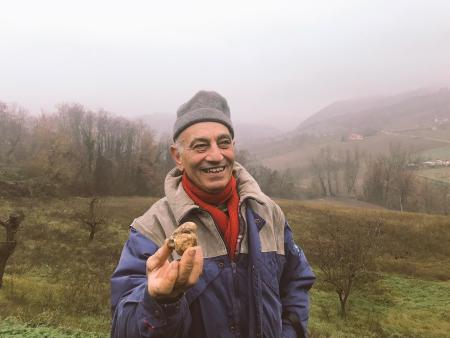
Objective:
Describe the main contents of the recent Italian fiscal law on NWFPs, approved at the end of 2018. This fiscal reform aimed to simplify the fiscal system of NWFPs pickers, in order to contrast the diffusion of the informal market, contributing to increase the transparency and support the traceability of some specific value chains.
Context:
In Italy, there is a long tradition of collecting and consuming NWFP. Numerous laws, in the last decades, have tried to regulate the collection and marketing of NWFPs. However, informal collectors represent the vast majority of producers. This lack of a structured market is pushing large retailers to import raw materials from other countries. The tax reform, included in the law no. 145 of 30/12/2018, which aims to reduce bureaucratic burdens for pickers, especially for recreational ones, can be an important starting point for reducing the role of the informal market.
Contacts:
Enrico Vidale enrico.vidale@gmail.com,
Nicola Andrighetto nicola.andrighetto@etifor.com
Jacopo Giacomoni jacopo.giacomoni@etifor.com
Davide Pettenella davide.pettenella@unipd.it
Further information:
Vidale E., Andrighetto N., Giacomoni J., Pettenella D.. Prodotti selvatici del bosco. Nuovi strumenti fiscali per rilanciare un settore che c’è ma non si vede. Sherwood, Foreste ed Alberi Oggi, 2019 (240), p. 17-19